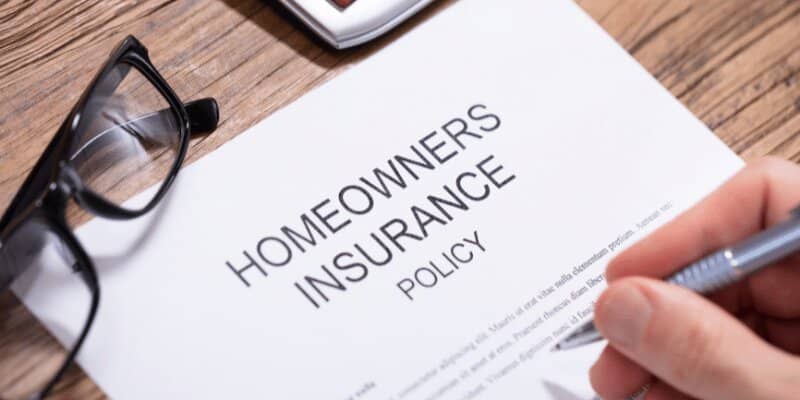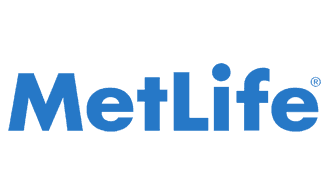
A comprehensive homeowners insurance policy can be an invaluable tool if your home sustains damage or if someone’s injured on your property. But to get the best coverage and service from your insurance company, it helps to understand how homeowners insurance works before you sign on the dotted line. Here are six things you should know about homeowners insurance before buying
(1) What Is Homeowners Insurance?
(2) How Much Coverage Do You Need?
- How much coverage do I need?
- What does my deductible look like?
- How often can I expect to file a claim? Many factors go into deciding how often someone files a claim on their home insurance. I
- Can my agent help me choose the best homeowners insurance plan?
- What happens if I cancel my policy early? Some companies will charge a penalty fee while others don't charge anything.
- Why should I shop around when it comes to finding the best homeowners insurance? Shopping around allows people to compare rates between multiple companies.
(3) Is It Worth Getting An Agent?
3) Insurance agents don’t work for the companies whose policies they sell.
4) They get paid by commission, meaning that their financial interest in recommending a policy doesn’t come from commissions based on how much you buy from them.
5) Agents usually offer free or low-cost consultations; this allows you to ask questions and learn about different policies before making any decisions.
6) It may be hard to find an agent if you’re self-employed, but most states allow people in these circumstances to apply for non-traditional policies through insurers directly without having someone do it on their behalf.
(4) Common Home Insurance Claims
1. Homeowners insurance covers damage to your home and possessions from natural disasters and other covered events such as fire, theft, or vandalism.
3. You may have coverage gaps even after paying into an insurance policy because most homeowners’ policies do not cover floods or earthquakes, though they may offer limited protection against hurricanes and tornadoes.
5) Dealing With Different Types Of Damages
6) Read Your Policy Carefully
If you have any homeowners insurance questions or would like to learn more about our products and services, contact us today. You can get in touch with us online or by phone at (516) 323-8558. We would be happy to help you on your journey to protecting your home.














